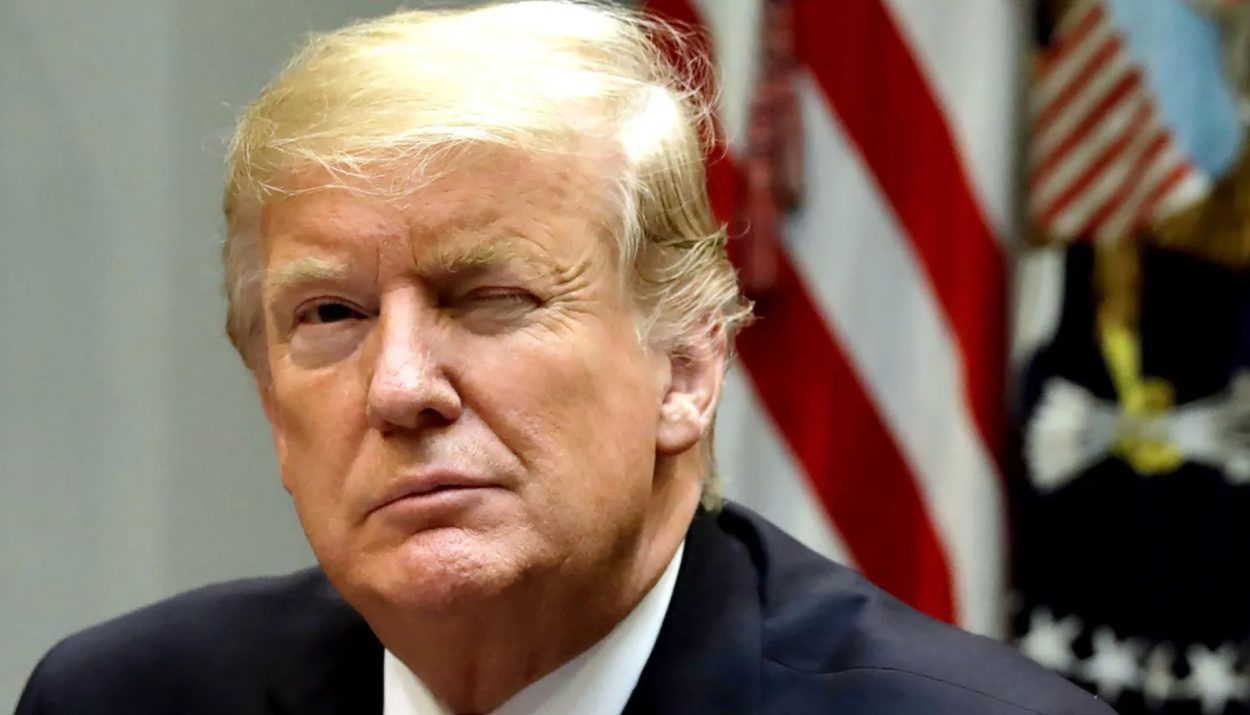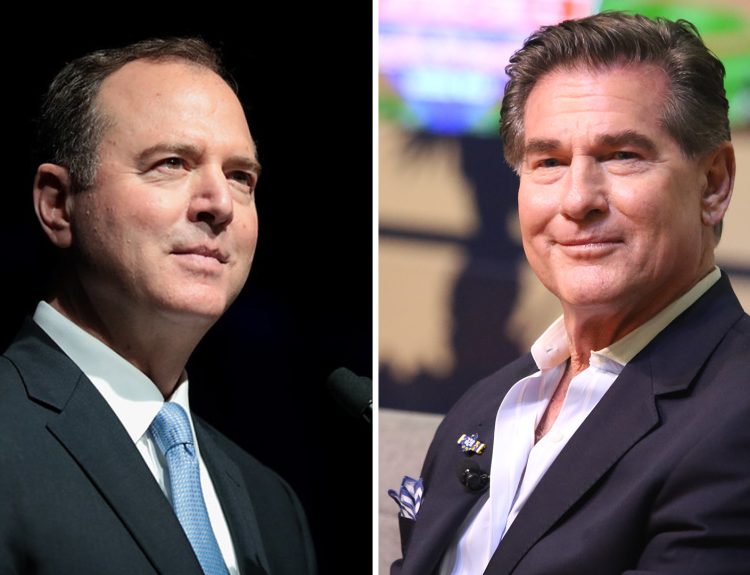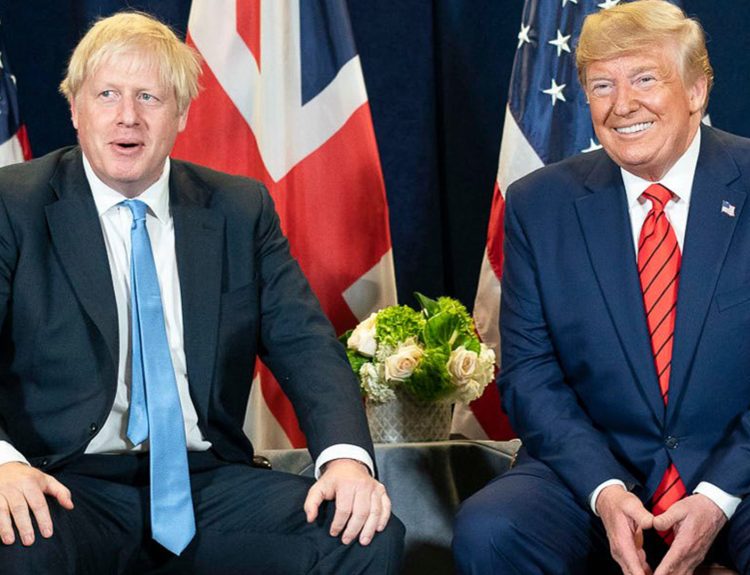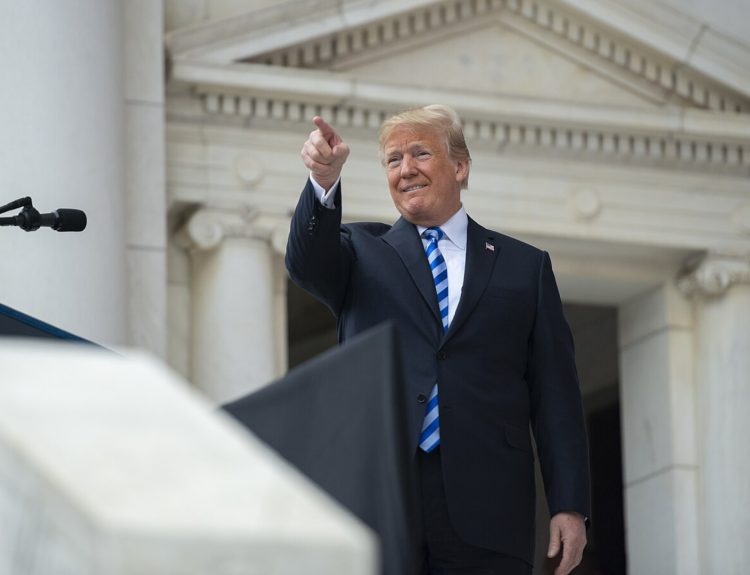In a surprising turn of events, the Republican-controlled Nebraska legislature has strongly turned down a move to embrace the winner-take-all system of presidential elections. This matter is important since it opposes the recommendation endorsed by ex-president Donald Trump thus signifying an alteration in party positions. The perceptible ramifications of this ruling could affect future presidential polls.
The Proposal Of Winner-Take-All
This is what former President Donald Trump advocated and which was rejected. It sought to alter how electoral votes from Nebraska are currently divided during presidential polls.

Rather than dividing votes based on popular ballots in each congressional district as it does now, the proposal wanted to introduce a winner-take-all approach meaning that whoever obtained more votes statewide would take all Nebraska’s electoral votes.
The Motion Faced Opposition From Lawmakers
The motion to adopt the winner-take-all system was put forth in the Nebraska state legislature. However, it faced opposition from lawmakers who argued that the current system, which allocates electoral votes based on the popular vote in each congressional district, is more representative of the will of the people.
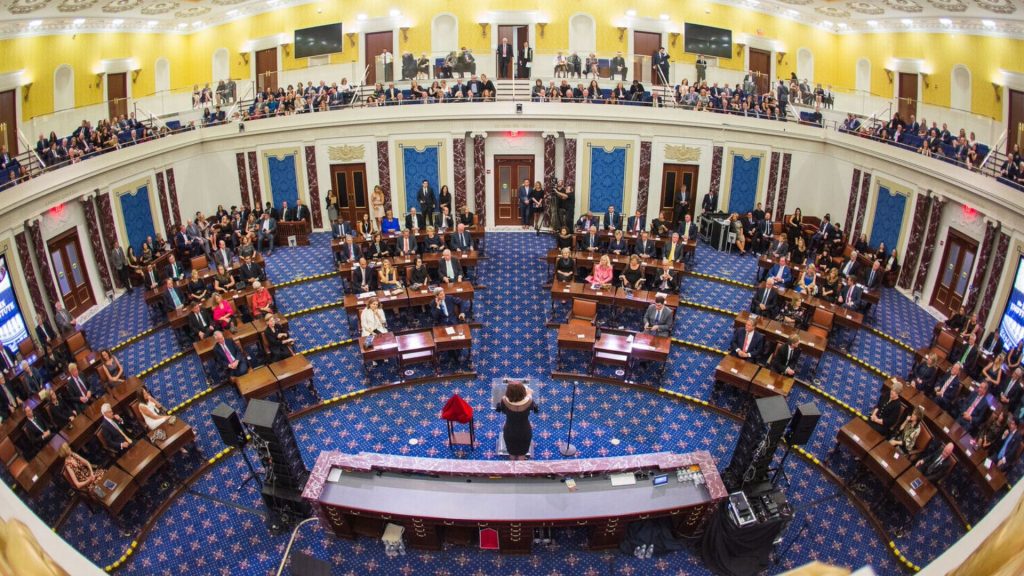
The motion was seen as a critical step towards implementing the proposed changes.
The Vote Was Heavily Defeated With 36 Votes Against
Despite the backing of former President Trump, the motion was resoundingly rejected by the Republican-controlled state legislature. The procedural motion was heavily defeated by lawmakers with 36 voting against and eight in favor.
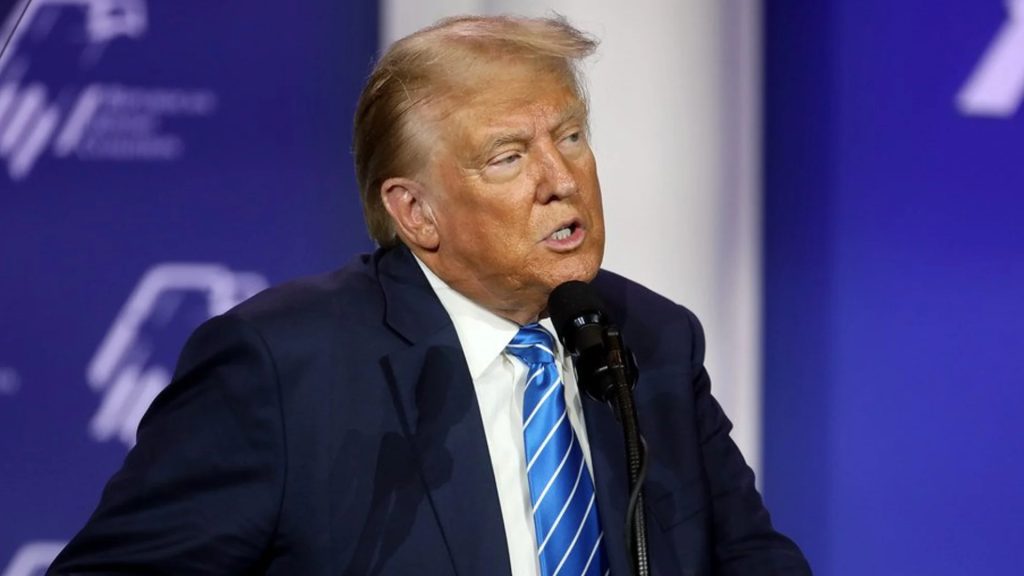
As such, this rejection will halt progress towards signing into law while also indicating great resistance to suggested changes in voting patterns thereby illustrating a division among Republicans as concerns this matter.
The Implications May Be A New Attitude From Republicans
The implications of rejecting this proposed legislation are significant. If passed, this bill would have meant that all electors selected for the Electoral College from Nebraska would be from one political party.
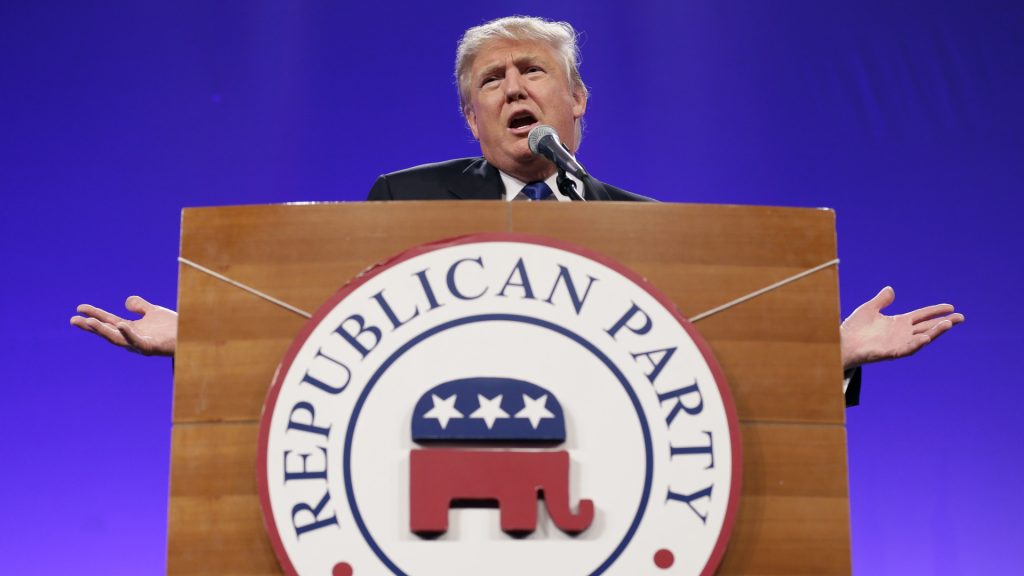
This would amount to substantial change because currently, the Nebraskan electoral system distributes power among different counties according to popular vote cast during general election periods within those regions alone (Lavalette). The decision not to pass this proposal may indicate the Republican Party’s new attitude to electoral change and its consequences for future presidential elections.
The Previous Election Had A Similar Vote
The 2020 presidential election divided Nebraska’s electoral votes by popular vote in each congressional district. As a result, Trump got four electors while Biden picked up one as he won the state’s 2nd Congressional District.
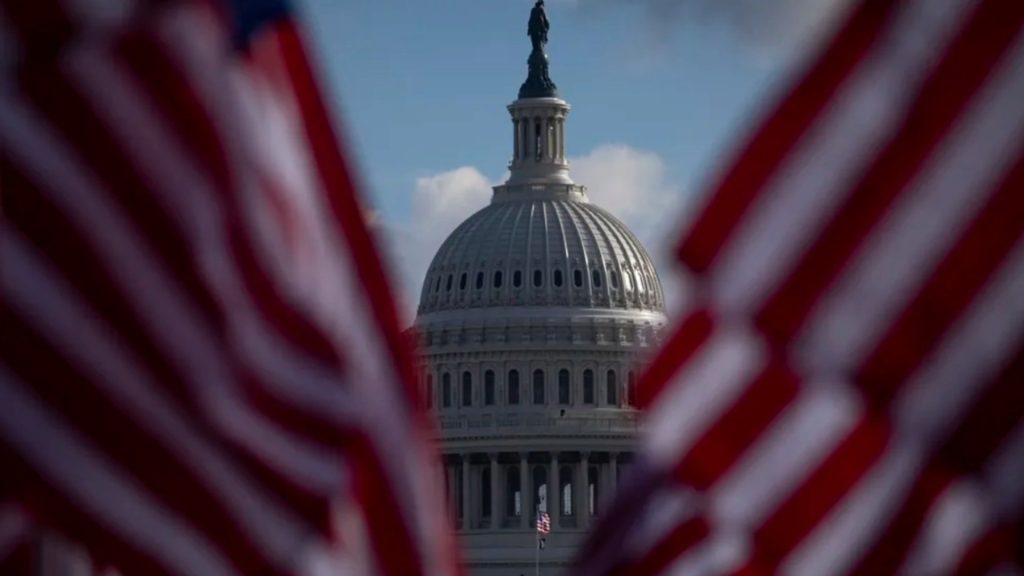
This marked a significant event because it was one of those rare moments when not all of a state’s electoral votes were cast toward only one candidate.
The GOP Senator’s View
It was a big moment for the Republicans in general who believed that this proposal had been rejected. A Republican senator stated “the last shot at winner-take-all [for] this session”.
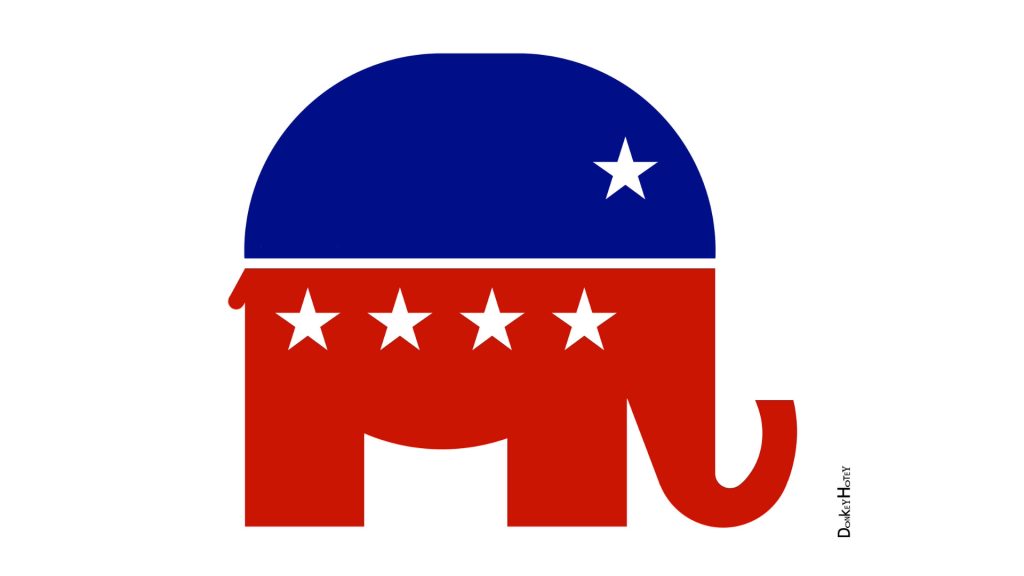
This statement emphasizes how much some of them valued this measure and how disappointing it was that their fellows did not embrace it.
The Story Sent Ripples Through The Political Landscape
This is a breaking story, and more details are expected to follow. The rejection of the proposal has sent ripples through the political landscape, with many waiting to see what the long-term effects will be.
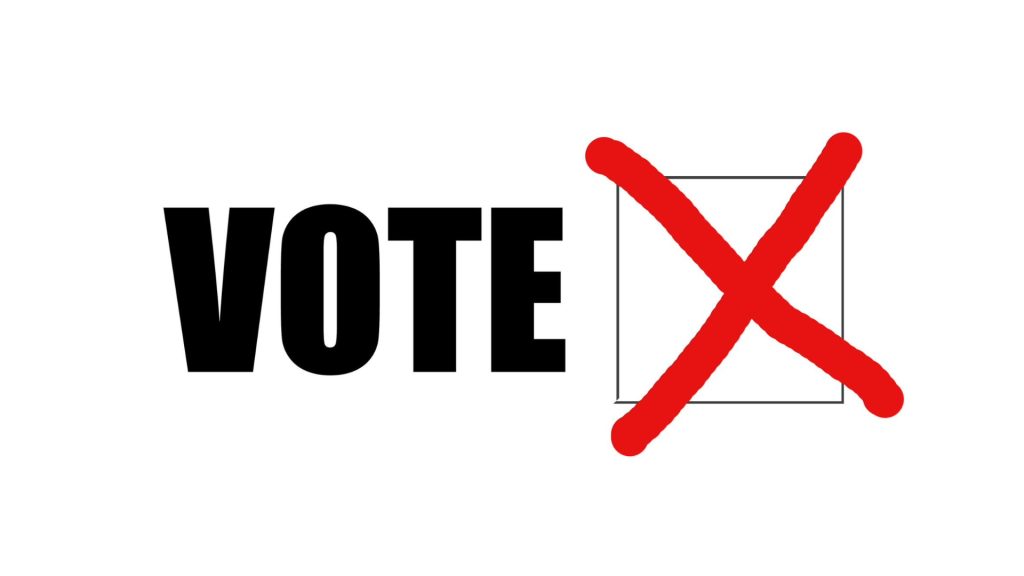
As more information becomes available, the full impact of this decision will become clearer. This event is likely to be a topic of discussion in the coming days and weeks as analysts, politicians, and the public digest the implications of this decision.
The Budget Proposal Of $4.8 Trillion
Donald Trump’s budget proposal was a major component of his fiscal strategy. The former President announced a $4.8 trillion budget proposal aimed at balancing the federal books within 15 years.

This proposal was significant because it went back over previously-disputed cuts to such domestic programs as food stamps, Medicaid, and housing. It was expected that this proposal would reflect the priorities of Trump and start negotiations with Congress.
The Budget Plan Of A $1 Trillion Peak
The budget plan presented a detailed outline of Trump’s fiscal policy. It assured that the government’s deficit will peak above $1 trillion for only the current fiscal year before descending progressively to more manageable levels.

However, this plan relied on hopeful economic forecasts, major scaling down of military operations abroad, and agency budget cuts that were directly in opposition to two earlier budgets signed by Trump.
Trumps Promise Of Brining Down The Deficit
Trump’s promise formed part of his fiscal policy. He pledged to bring down the deficit to manageable levels. This was a critical commitment as it looked into responding to the escalating concerns regarding national debt.

However, note that this pledge hinged on optimistic growth projections and suggested spending cuts.
The Proposed Cuts By Trump Like Food Stamps
Perhaps one of the most controversial features of Trump’s budget is its proposed cuts. The plan proposed cutting domestic programs like food stamps, Medicaid, and housing. These reductions were designed not to affect those who received benefits directly but rather seek savings through reformation in program delivery methods.

For example, new work requirements for Medicaid recipients’ federal housing aid claimants and food stamp recipients were estimated to reduce expenditure in these programs by almost $300 billion.
The Tax Cuts Set To Expire After 2025
Donald Trump’s tax cuts represented a major plank in his fiscal policy. The former President sought permanent law for his 2017 tax cut legislation. This move saw some taxes being reduced which came into effect from 2018 onwards. Most provisions contained in these changes are scheduled to expire after 2025.
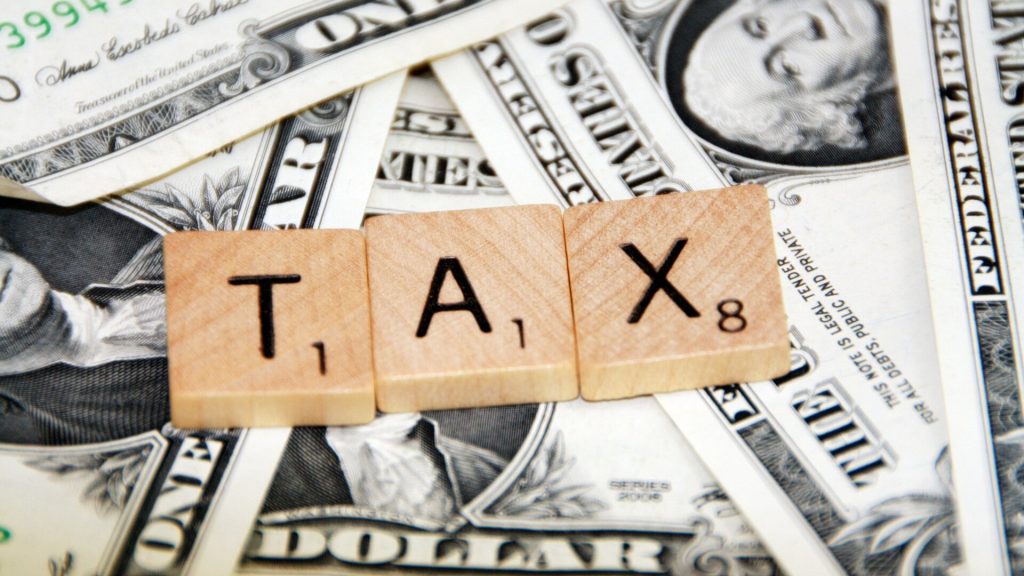
Such action would eliminate some valuable tax breaks but also restore a few of them most notably the state and local taxes (SALT) deduction. However, critics contend that these tax cuts were biased in favor of the rich and did not fulfill their promises.
The Critical Democratic Response
The Democratic response to Trump’s budget proposal was swift and critical. Democrats criticized the plan, with former Vice President Joe Biden saying it “eviscerates Medicare”. They argued that the proposal contradicted many of the promises Trump made on the presidential campaign trail. Democrats also focused on the tax cuts that would benefit the wealthiest Americans. Senator Bernie Sanders, for instance, called the budget a massive transfer of wealth from working families and the elderly to the wealthiest 1 percent.

Democrats gave Trump’s plan short shrift, with Chuck Schumer, the Senate minority leader, saying: “The Trump administration’s latest budget proposal is a gut-punch to the American middle class and a handout to the wealthiest few and powerful special interests that would worsen income inequality”.
Could This Be A Notable Shift For Republicans?
Republicans have made a notable shift in their position by refusing Trump’s request for the election. What this means will become clearer as the story unfolds. The budget proposal and its subsequent defeat demonstrates how deeply divided the Republicans are, and thereby American politics in general.
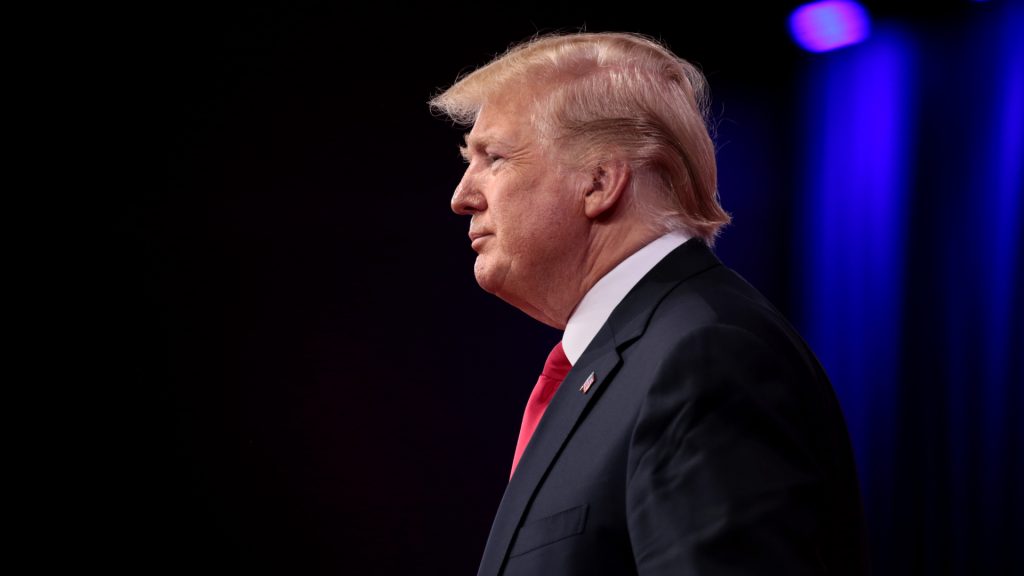
It also highlights the difficulties involved in bridging those divisions and finding common ground between them. In the twilight of time, it would be interesting to see how these happenings affect political discourse and policymaking within years to come.

